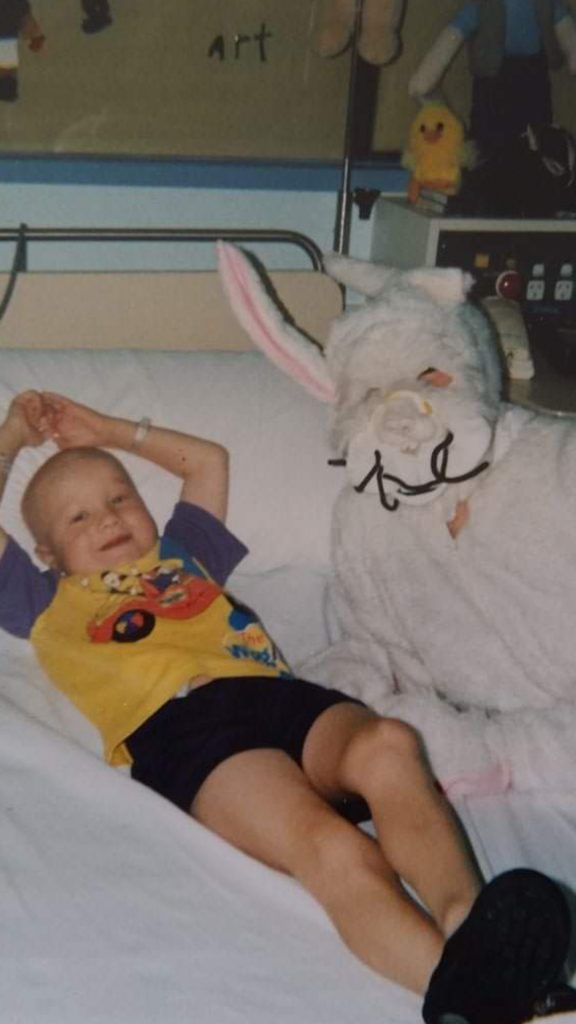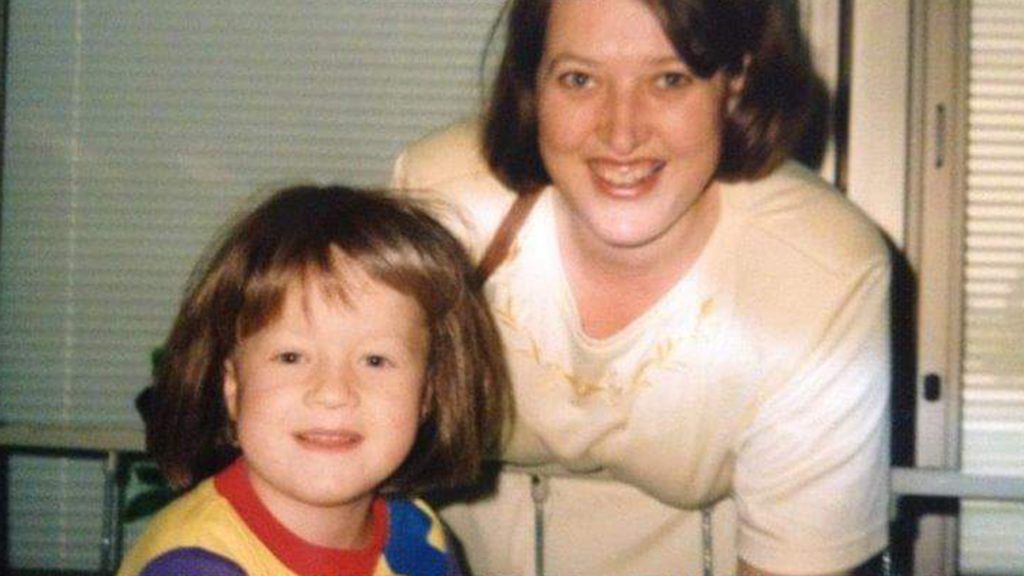23/06/2020
Children's Cancer Foundation

When Kate Johnson shared her parent’s perspective of childhood cancer at the Hudson Institute of Medical Research Childhood Cancer Symposium earlier this year, she spoke of her hopes for returning to some kind of normal with her four children after her son David had Acute Lymphoblastic Lymphoma (ALL).

Symposium attendee and Hudson Institute Research Assistant Molly remembered when her younger brother Jack had ALL some twenty years earlier while hearing Kate speak.
‘’It encouraged me to speak to Kate and reassure her that things do get better. I shared how Jack and I both have grown up and turned out fine. I wanted to share with her how siblings and families can have healthy, strong relationships after cancer.
I have close connections with my mum, dad and brother that I am sure a lot of families who go through this have. If you can get through childhood cancer you feel like you can conquer the world!’’ Molly shared.
Molly is forging a brilliant career, in cancer clinical research no less. After completing a Bachelor of Biological Sciences (with Honours in Genetics) at La Trobe University, Molly works in paediatric cancer research at the Hudson Institute.
“My career path has certainly been moulded by my brother’s childhood cancer experience. I have always wanted to help sick people”.
“My clinical research interests centre on human genetics and diseases which I think was influenced by Jack’s Acute Lymphoblastic Lymphoma”.
Molly was eight years old and Jack aged six in 2000 when their Mum noticed bruises on Jack weren’t healing and whisked him off to the Sale hospital in regional Victoria. After returning abnormal blood test results, the doctor advised the family to take Jack to Monash Children’s Hospital straight away.
‘’It was a confusing time. Things moved fast. I was young, so I don’t remember a lot of the details now. I don’ think I fully understood how serious it was. My parents protected me from it too.
“I’m not sure if I have repressed my memories or not. I have been shown some weird and interesting drawings and paintings that I did as a kid during that process”, Molly told us.
“I saw a therapist when Jack was in treatment, which possibly helped process a lot of what was happening at the time”.
“Teachers at school were especially supportive. Some of the same teachers I had then taught Jack a few years later. It was a small community back then in Sale”.
Molly’s parents travelled the three hours from Sale to Melbourne regularly for treatment. They relied largely on family and friends for support. When Molly didn’t go with her parents and Jack, she stayed with her Nan, aunties or cousins.

“Nan was the structural support to our family. I often stayed over and she took care of me. Sadly, she passed away a few years ago but she’ll always be remembered. She was well known and loved by the local Sale community”.
Molly said she had more freedom and special treatment when Jack was sick. “We went to Disneyland USA, I had lots of games to play. Dad was home more instead of working away on the oilrigs”.
“It was hard when that all stopped. After Jack went into remission it was strange not being on the go, moving around all the time and getting special treatment”.
Jack was declared in remission in 2003, and lives in the USA now with their Mum.
“Jack has come so far. He is thriving in hospital IT after graduating in computer science at Frostburg University. He is a very bright kid. Although he struggled in his teens, he is doing so well now”.
Thank you Molly for sharing your story with us.
Donate towards better childhood cancer outcomes today.
Photo credit: Molly, sister of Jack